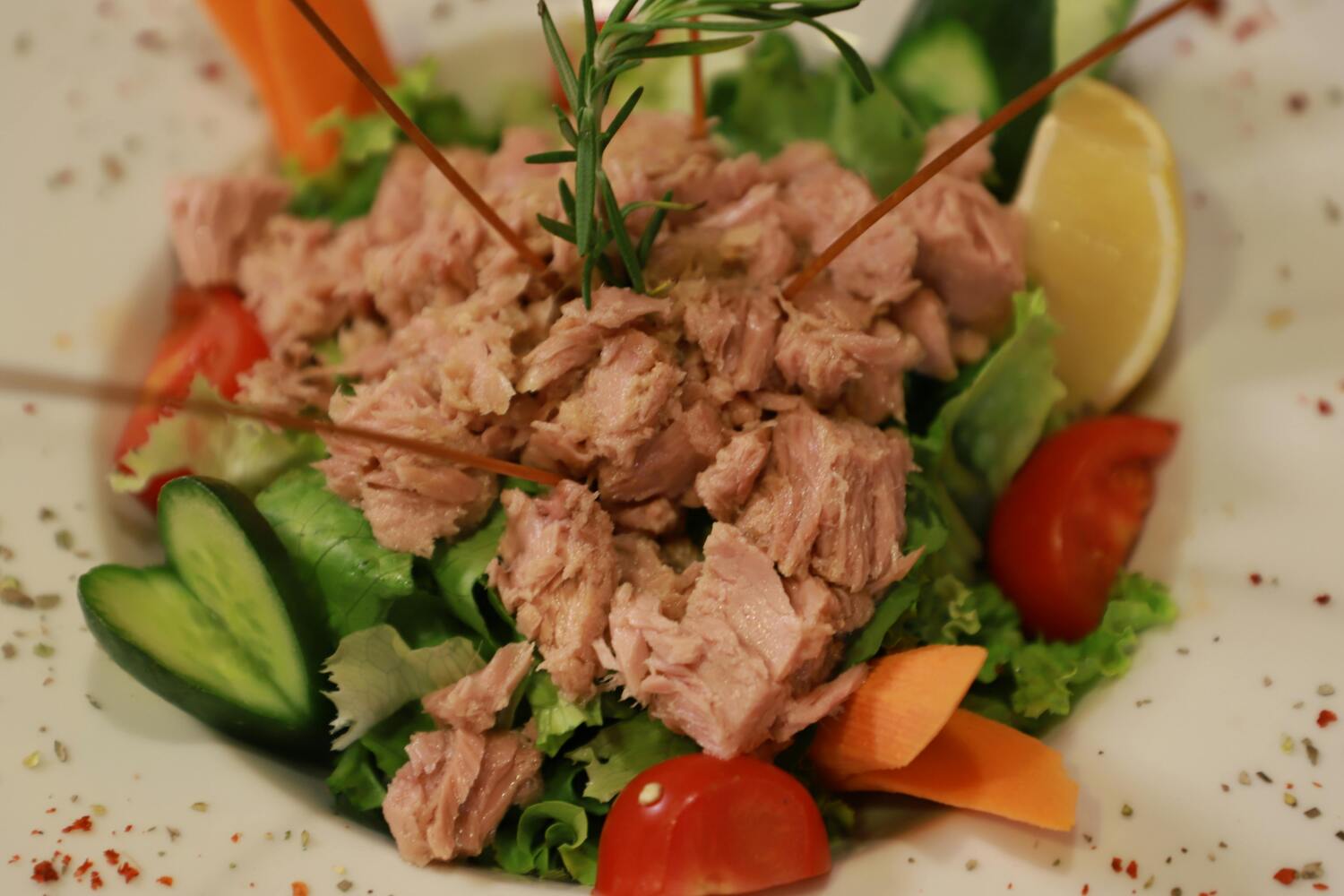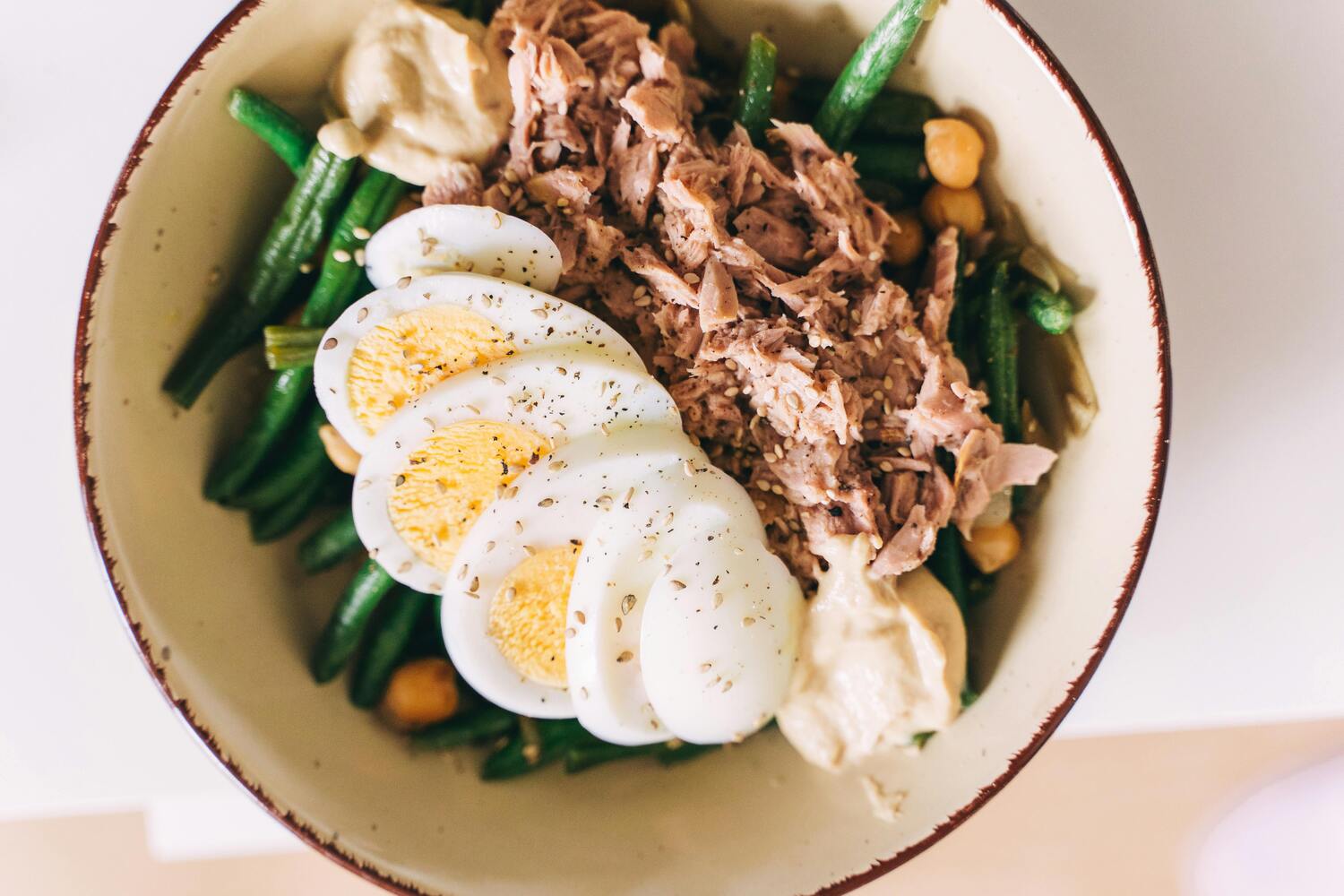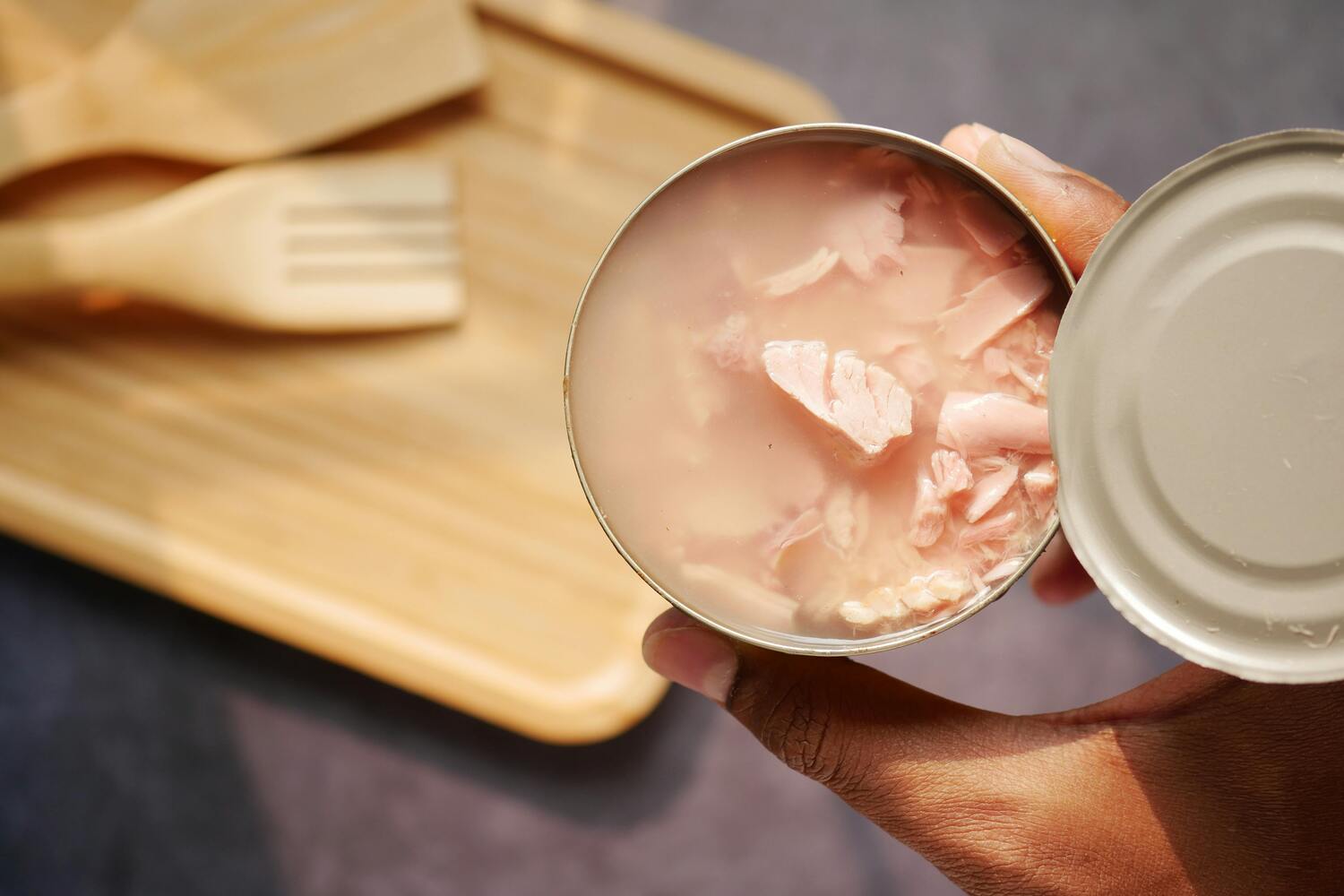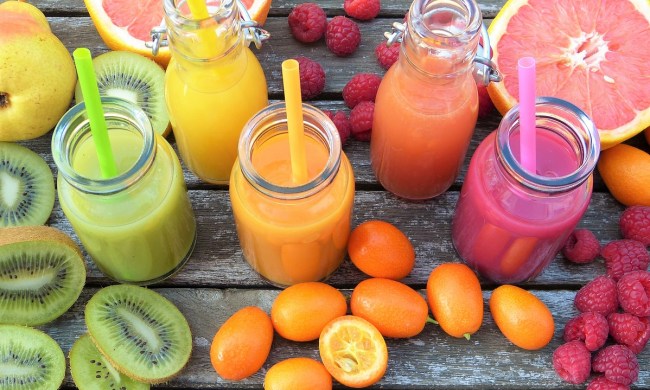Some people aren’t a fan of tuna due to its smell — while there isn’t much you can do to avoid it, the benefits of canned tuna far outweigh the downsides. As a nutritionist and health enthusiast, I always have canned tuna in my kitchen for when I need a quick and easy source of protein. I also recommend it to all my clients who don’t have much time to cook.
If you have avoided canned tuna in the past because you weren’t exactly sure how it could fit into your diet, keep reading to discover its many perks, including its versatility!
Why does canned tuna need to be in your pantry?

Canned tuna is one of the most versatile and convenient pantry staples available. It has a long shelf life, making it ideal for stocking up without the worry of spoilage. Whether you need a quick meal in a pinch or want to boost the protein in your recipes, tuna delivers. It’s affordable, easy to store, and doesn’t require refrigeration until opened.
Tuna has a mild flavor and is ready to eat, so it’s up to you whether you want to use it in salads, sandwiches, pasta dishes, etc. Keeping canned tuna on hand ensures you always have a nutritious, protein-rich option for meals or snacks.
How does canned tuna contribute to a high-protein diet?

Canned tuna is an excellent source of lean protein, with most varieties offering around 20 to 30 grams per serving. Tuna’s low fat and carbohydrate content make it especially useful for those following high-protein, low-carb diets. It’s also a convenient way to get protein without cooking — just open, prepare it how you wish, and enjoy.
Protein is essential for muscle repair, satiety, and maintaining metabolic health, so it’s an important nutrient for both losing weight and building muscle. Since protein helps you stay full longer, incorporating tuna into meals can help minimize excessive snacking and support hormone levels as well. Whether post-workout or as part of a balanced lunch, tuna adds a satisfying protein boost without extra calories or prep time.
Simple, protein-packed tuna meals and snacks to try

There are countless easy and delicious ways to enjoy canned tuna. Mix it with Greek yogurt, mustard, and chopped celery for a light tuna salad. Make a protein-rich tuna melt with whole-grain bread and cheese. For quick snacks, pair tuna with whole-grain crackers or stuff it into celery sticks. You can also stir it into cooked pasta with olive oil and veggies for a fast dinner or add it to a rice bowl with avocado and soy sauce for a sushi-inspired twist. These meals and snacks are not only filling and nutritious but also quick to prepare with minimal ingredients.
Tips for buying the best canned tuna

When shopping for canned tuna, consider the following tips:
- Check the label for the type — albacore (white) or skipjack (light). Albacore has a firmer texture and milder flavor, while skipjack is more affordable and lower in mercury.
- Look for tuna packed in water for lower calories, or in olive oil if you want added richness. According to an NIH study, “Light tuna canned in water may be a better choice to supply [omega-3s and polyunsaturated fatty acids] for individuals in a healthy population, while the oil-packed products may be preferable for those individuals with need for increased essential fatty acids, such as for patients with cystic fibrosis.”
- Choose brands that list only tuna, water or oil, and salt for a cleaner product.
- Keep an eye out for brands that also offer sustainably sourced or dolphin-safe tuna, which is better for the environment.
- Consider BPA-free cans.
- Check the expiration date to ensure freshness and quality.




